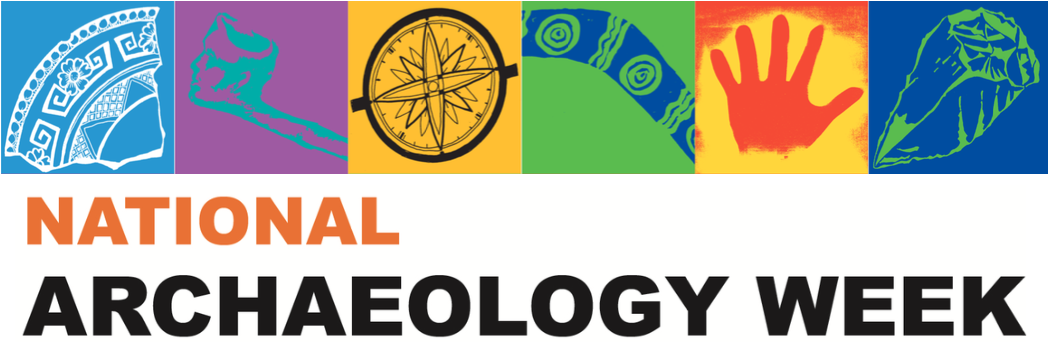Jelena Fabri
Name
Jelena Fabri
Current position
Independent Space Science and History Communicator | Bachelor of Archaeology (Honours) student - Space Archaeology | Southern Hemisphere Space Studies Program (SHSSP) 2022 participant
Where did you study?
International Space University (ISU), Strasburg, France | Flinders University, Adelaide, South Australia | UniSA, Adelaide, South Australia | University of Adelaide, Adelaide, South Australia
How did you become interested in archaeology?
I have to thank my late mother for my early interest in archaeology, but also other areas of study, such as anthropology, astronomy, maths, and medicine. Since early on in my childhood (I learned to read when I was 5 years old), I read widely and wildly. I loved all the encyclopaedias, medical, and SciFi books from my mum's library, and would entertain myself for hours with reading and learning about human cultures, rituals, and beliefs, and the mysteries and complexities of the cosmos. This early exploration of the universe and the diversity of human kind created my lifelong interest and fascination with archaeology and anthropology, space exploration, astronomy, and traditional cosmologies. So once I did my formal training in archaeology, I naturally found myself in the contemporary field of space archaeology.
What archaeological projects are you working on at the moment?
My current research is focused on the study of material culture related to food and eating located aboard the International Space Station. This research is a part of the International Space Station Archaeological Project, led by the Co-PIs Dr Alice Gorman (Flinders University) and Dr Justin Walsh (Chapman University). The aim of my research project is to broaden the topics of study of space archaeology and deepen our understanding of the human adaptations to life in the extreme environment of the Low Earth Orbit via the study of space foodways.
I am also currently working with my SHSSP2022 crew, as a Coordinator of the Space Humanities group, on a team project exploring how to find the best location for a lunar human outpost using state-of-the-art computational tools - artificial intelligence (AI) and machine learning (ML). We are hoping this project will provide an insight into how AI and ML tools could be used by space scientists to design humanity’s first outpost in space.
Tell us about one of your most interesting archaeological discoveries.
I once found a ceramic bowl and a couple of glass beads from the 4th century BC, the Iron Age time period in Southern Portugal. Those finds were very exciting at the time, but I like to think that my biggest discoveries are yet to come!
Tell us about a funny / disastrous / amazing experience that you have had while doing archaeology.
There are many funny and amazing moments that happen while doing archaeology. Shooing sheep off your dig site at the crack of dawn and being charged by an adolescent ram is definitely a hilarious and scary experience. Working on a research project in partnership with NASA and being part of the ISU space community are both amazing experiences. Every day brings something new! I am glad to report I haven't had any disasters, yet!
What’s your favourite part of being an archaeologist?
My favourite part of being an archaeologist is the excitement that I feel when I learn something new about our history, our humanity, and in turn about myself. Other perks of being an archaeologist are definitely things like travel, having an outdoor 'office' for at least some part of the year, and interacting with the tangible evidence of our history. Also, I enjoy immensely being around other archaeologists and people from the space community.
Follow up reading:
Twitter | @FabriJelena
LinkedIn | www.linkedin.com/in/jelena-fabri
The International Space Station Archaeological Project (ISSAP) | https://issarchaeology.org/

